Courses
Courses

Duration: 2 Months (8 Weeks) Hands-on Training: Real-world simulations and practical labs Skill Level: Beginner to Intermediate
₹5000.00

Learn Industrial Automation with a focus on PLC (Programmable Logic Controllers). This course covers automation fundamentals, PLC programming, HMI, SCADA systems, sensors, and actuators for real-world applications. Ideal for engineers and technicians aiming to boost efficiency in manufacturing and production processes through smart automation solutions.
₹54999.00

The PLC Automation Course provides students with foundational knowledge and hands-on experience in industrial automation. This course covers key concepts such as PLC architecture, programming using ladder logic, and interfacing with various industrial devices. Students learn to design, implement, and troubleshoot automated systems using PLCs, which are widely used in industries for controlling machinery, processes, and production lines.
₹11000.00

This one-month course introduces students to the fundamentals of electrical systems and the basics of PLC panel design and operation. It covers essential electrical concepts, components, and safety practices, along with practical knowledge of Programmable Logic Controllers (PLC) and their integration with control panels. The course aims to provide a strong foundation for students interested in working with electrical circuits and automation systems.
₹2000.00
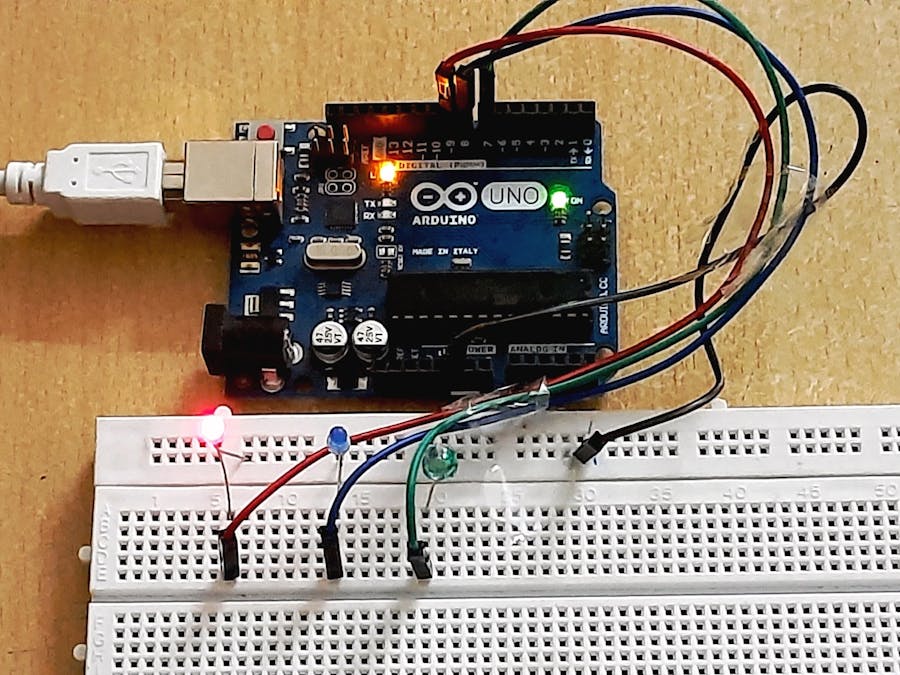
The Arduino Uno Course is a two-month hands-on program designed to introduce students to embedded systems and Arduino programming. The course covers both hardware and software aspects of Arduino, along with C programming and Embedded C for controlling various electronic components like LEDs, motors, sensors, and LCD displays. Students will gain practical experience in interfacing circuits and building basic Arduino projects.
₹5000.00
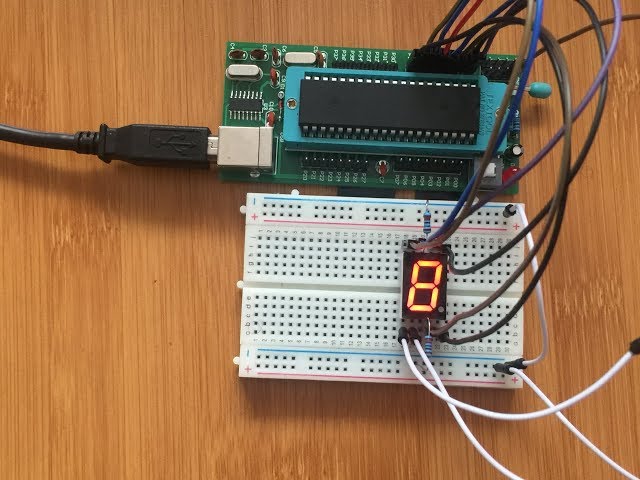
This Embedded Systems and Electronics Course offers a comprehensive two-month program focused on the basics of electronics, microcontrollers, and C programming. Students will learn circuit design, PCB fabrication, and embedded system programming. The course also covers practical skills like LED, motor, and display interfacing, using tools like Keil IDE and Flash Magic.
₹7000.00
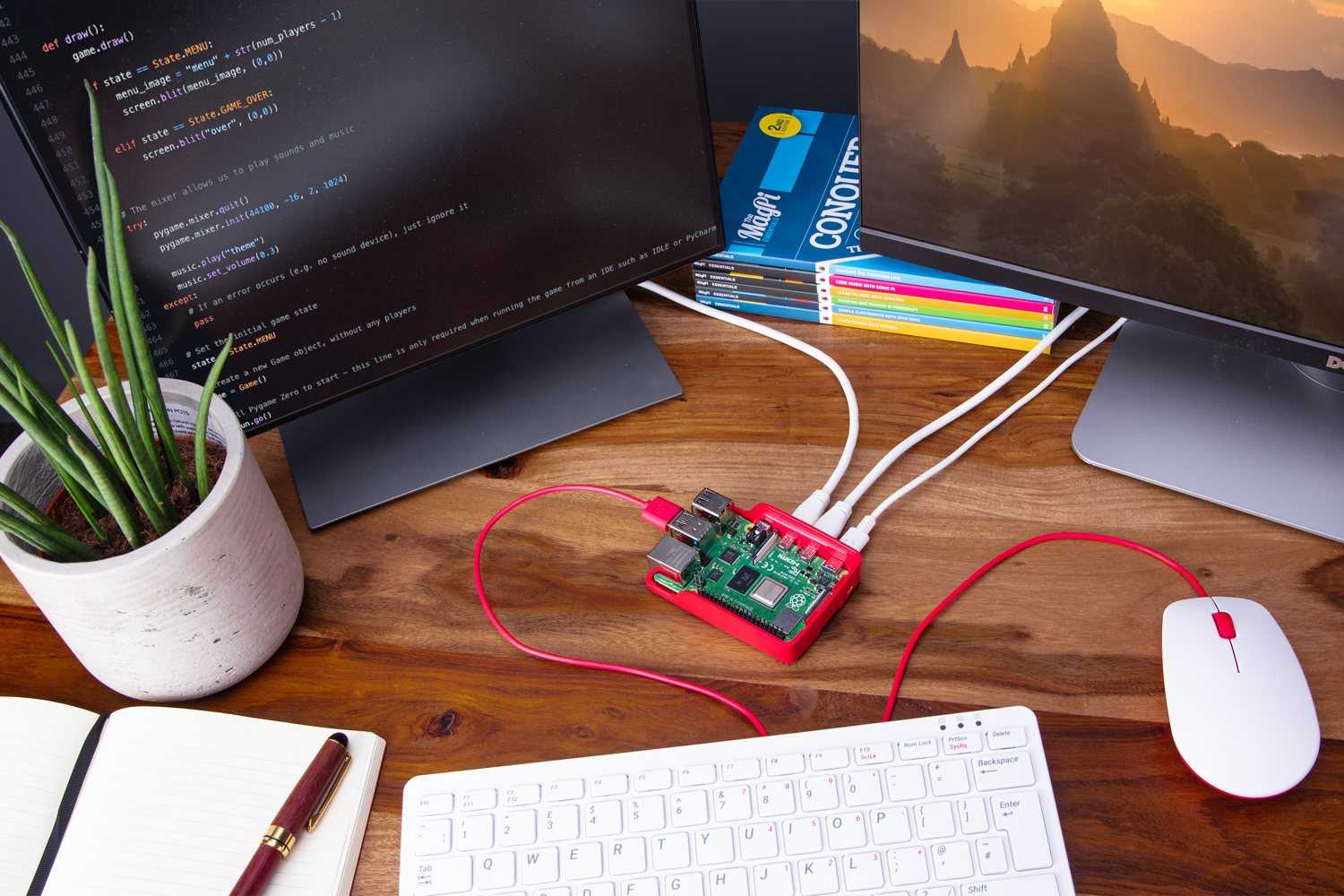
This Raspberry Pi and ARM Processor Course introduces students to the world of embedded systems with a focus on ARM9, ARM11 processors, and the Raspberry Pi platform. Over two months, students will learn C programming and Python, explore Raspberry Pi hardware, and develop applications using the GPIO pins for data input and control.
₹5000.00
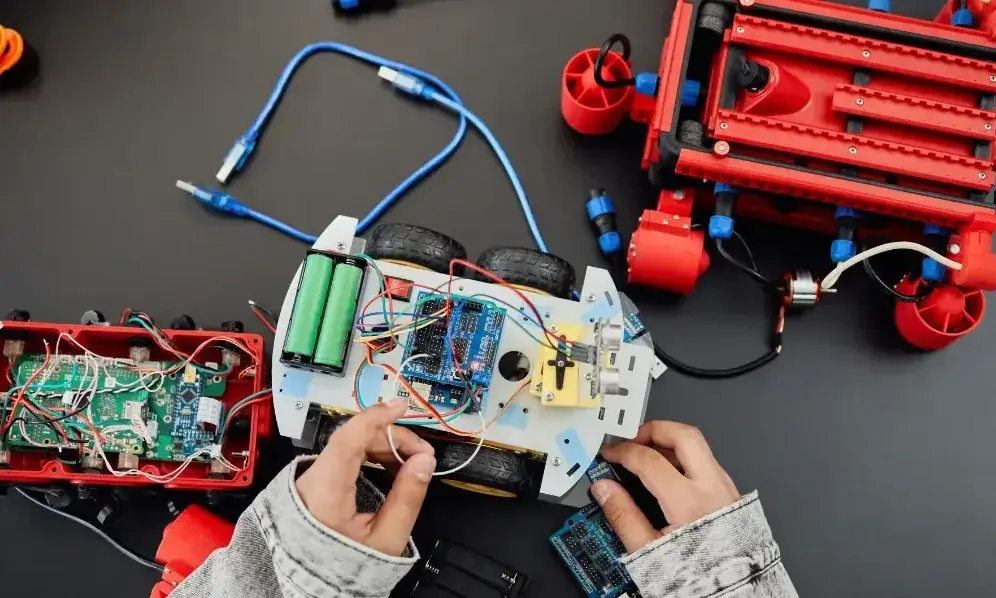
This course introduces students to the fundamentals of electronics and robotics, covering essential concepts and hands-on projects using Arduino. Participants will learn to design and build various types of robots, enhancing their understanding of sensors, actuators, and programming.
₹8000.00
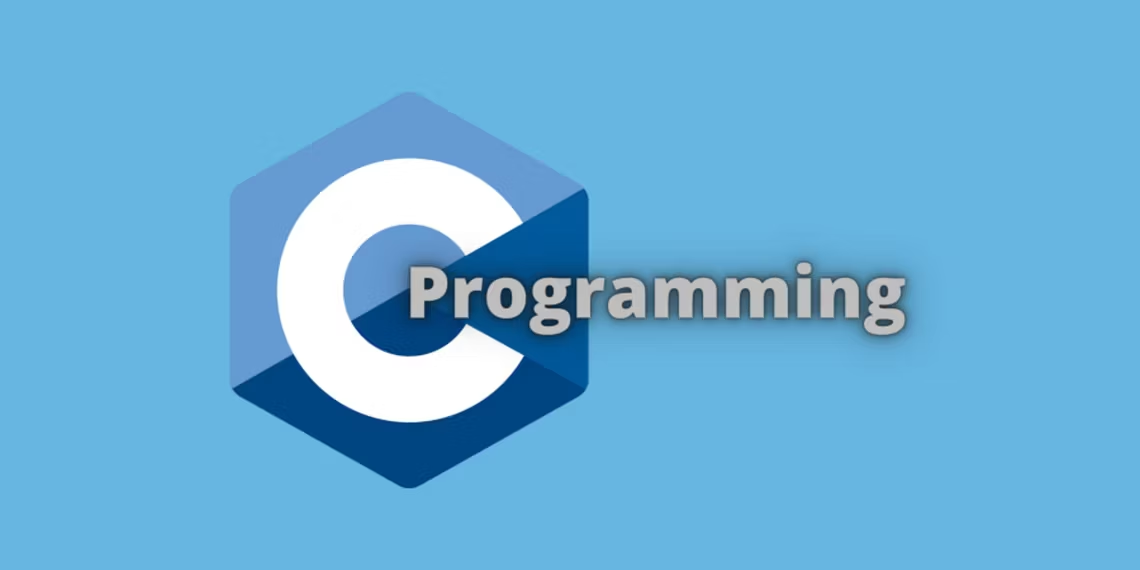
Widely used for system software, application development, and embedded systems, C's portability and performance make it a foundational language in computer science. Its syntax has influenced many other languages, including C++, Java, and Python.
₹3000.00

C++ is a powerful, high-level programming language that supports both procedural and object-oriented programming. C++ is widely used for system/software development, game programming, and applications requiring high performance and resource management. Its rich standard library provides various tools and utilities, making it versatile for a range of programming tasks.
₹3000.00

Python is a high-level, interpreted programming language known for its simplicity and readability. It supports multiple programming paradigms, including procedural, object-oriented, and functional programming. With a vast standard library and a large ecosystem of third-party packages, Python is widely used for web development, data analysis, artificial intelligence, scientific computing, automation, and more.
₹3000.00
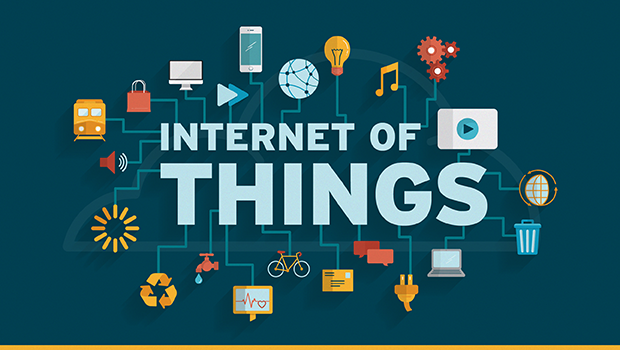
The two-month IoT Course introduces students to the fundamentals of IoT IDE, Cross Compiler, Interfacing of LED, Introduction to 16*2 LCD, Keyboard Matrix. In Month 2, Introduction to common sensors used in IoT projects, Overview of wireless communication protocols,
₹7000.00

Data Science is the interdisciplinary field that combines statistical analysis, machine learning, and domain expertise to extract insights and knowledge from structured and unstructured data. It involves field that combines statistical analysis, machine learning.
₹7000.00
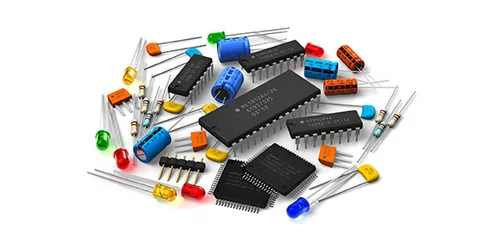
This one course offers study of electronic components and circuits that control the flow of electricity. It covers fundamental concepts such as voltage, current, resistance, and the operation of components like resistors, capacitors, diodes, and transistors.